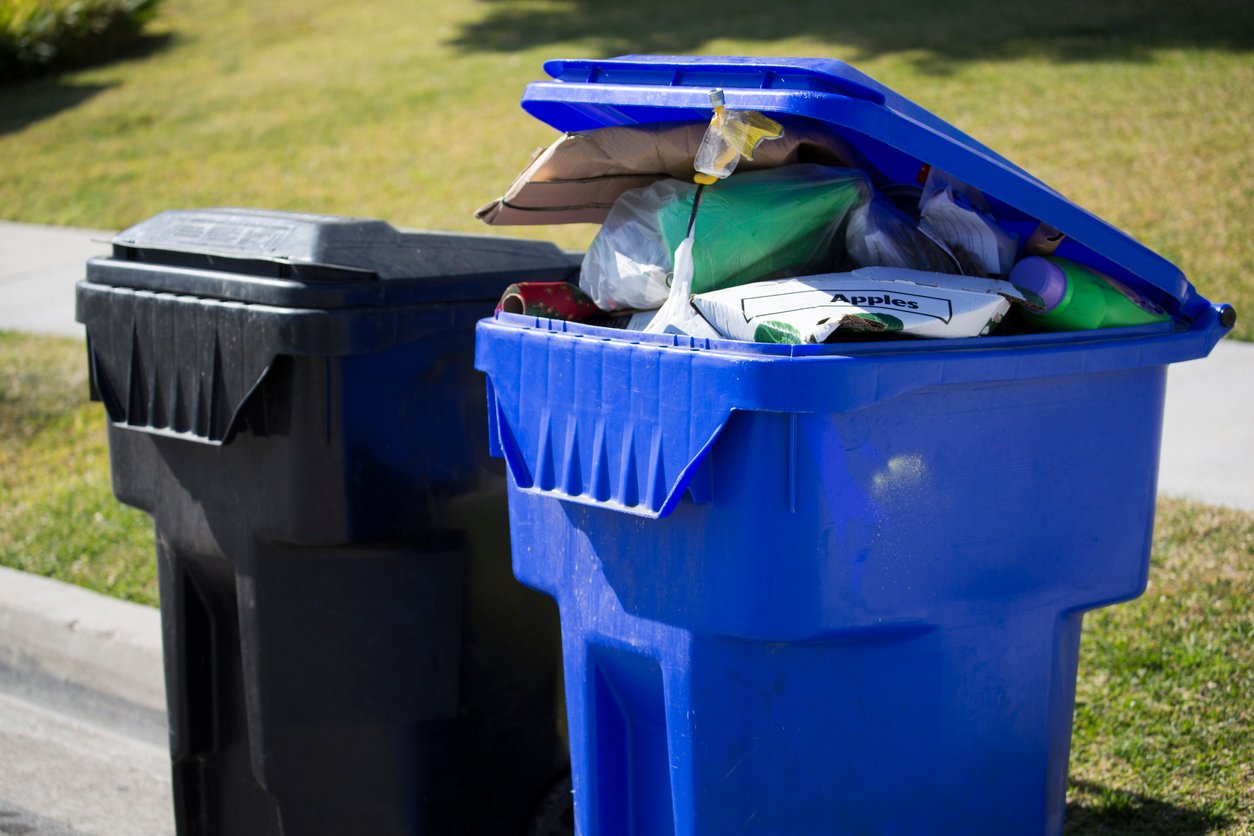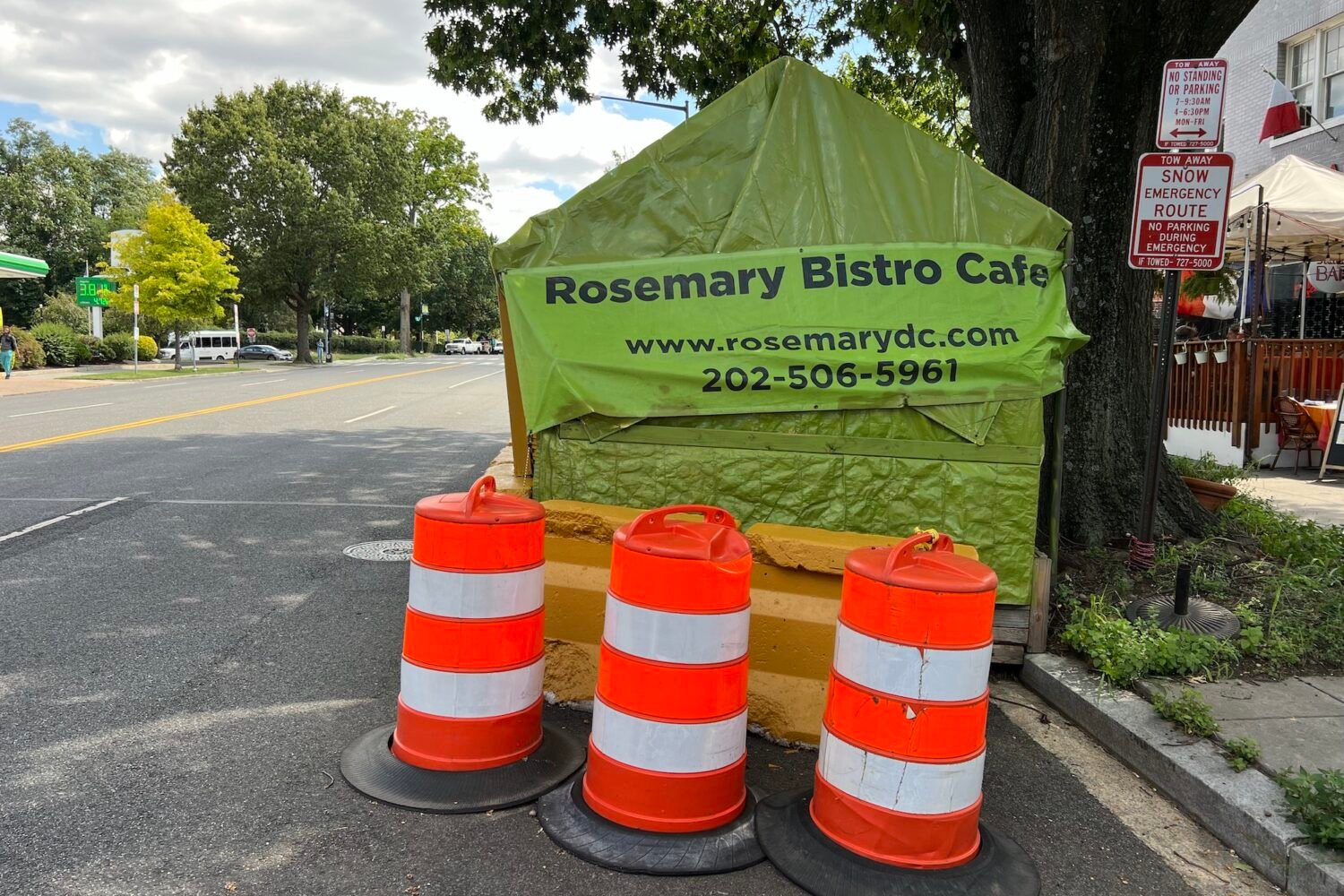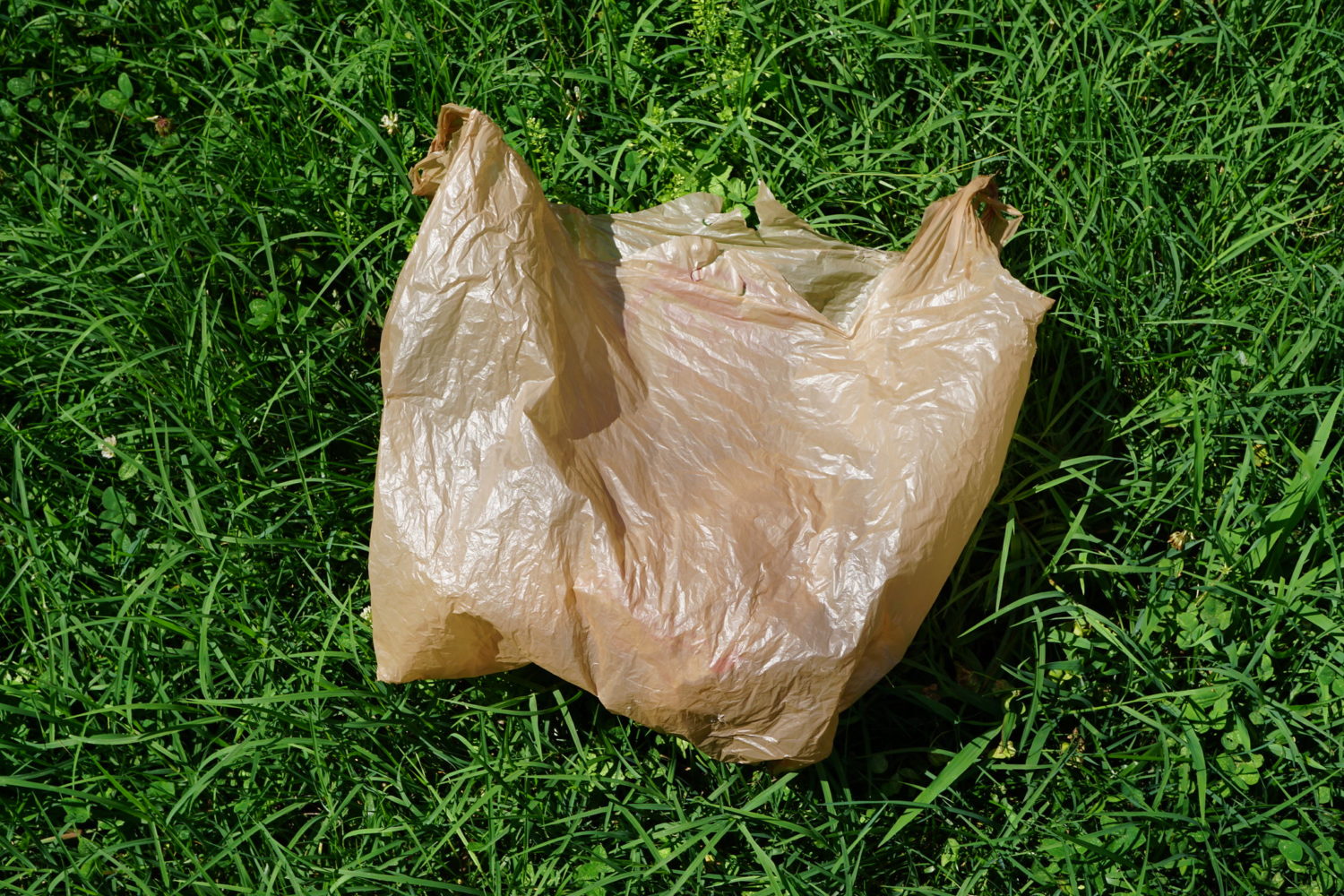Subscribers to the Chevy Chase Community listserv were surprised last week when a member shared that she had received a $200 ticket from DPW—just for failing to separate recyclables from regular trash. Are garbage cops now combing through our Supercans in search of errant pizza boxes and takeout containers? Outrage ensued, especially given how complicated and hard-to-follow DC’s recycling rules seem to many residents. But don’t worry: It turns out you probably aren’t going to be targeted anytime soon.
The listserv member, Kim Remsberg, says she found the ticket—which cites a “failure to separate recycling from other solid waste”—when she happened to pick up the mail for the condo association of her building. It turns out she didn’t personally get the ticket, but rather the building in general. Still, it’s only a six-unit complex, and the fine will come out of her and the other residents’ condo-association fees. “We have a recycle bin and we use it,” she says. “It’s not that we’re ignoring things entirely.”
It’s hard to blame Remsberg and her condo-mates for failing to separate with 100 percent accuracy. After all, the rules changed earlier this year and the system is now even harder to follow. For example, did you know you need to recycle aerosol cans? What about those plastic takeout containers for your Thai food? The rules are so hard to keep track of, the city actually built a tool that you can use to search individual items.
But here’s why you probably don’t need to worry. These kinds of inspections (and fines) aren’t targeted at individual residents, but rather commercial properties. According to Yolanda Hood, the solid waste control officer for SWEEP (the office that enforces sanitation regulations), residential properties don’t get these citations. It’s businesses—including condo buildings with four or more units, like Remsberg’s—that can receive a ticket for failure to separate recycling.
SWEEP has at least two inspectors in each ward who patrol for sanitation violations daily. They look for compliance and investigate calls to 311, and inspectors are authorized to go through any trash bins that are on public land, like in an alley. While fines are part of what they do, inspectors focus more on educating the public. “SWEEP inspectors are DPW ambassadors,” says Hood. “They have a visible role in the community. We try to do our best to make people aware of what they can and cannot do so they can actually avoid the fines.” Why issue fines instead of warnings? Hood says their focus on fixing the problem as soon as possible and “sometimes a warning does not change the behavior.” And while the separation violations “may not seem like a lot, once contaminated recycling gets into the recycling stream it causes a bigger problem.”
Remsberg gets all of that, but she remains a bit unsettled by the experience. “I still think it’s weird that they go through trash,” she says. “It just seems unfair and exorbitant and like they should have better things to do.”


















